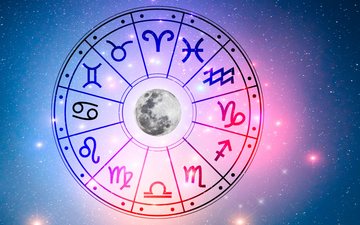
Sleep paralysis is a terrifying experience that many people have experienced at least once in their lives. It occurs when the body is between sleep and wakefulness, creating a state where the mind is aware but the body cannot move. Often accompanied by a feeling of breathlessness and frightening hallucinations, sleep paralysis has always been the source of legends and supernatural stories.
What is sleep paralysis?
Sleep paralysis is a sleep cycle disorder in which a person experiences a temporary loss of muscle control (atonia) shortly after falling asleep or waking up. Typically, the body enters a state of natural paralysis during REM sleep to prevent dreams from turning into uncontrolled movements. But in the case of sleep paralysis, this process goes awry, leaving the person conscious but immobile.
Types of sleep paralysis
Experts divide sleep paralysis into two main categories:
• Isolated sleep paralysis – Occurs as an isolated episode and is not related to any neurological problem such as narcolepsy.
• Recurrent sleep paralysis – When episodes occur frequently and over time, sometimes associated with narcolepsy.
What sensations does sleep paralysis cause?
The main symptom of sleep paralysis is the inability to move or speak, but many people also report other disturbing sensations, such as:
• Shortness of breath and feeling of pressure in the chest
• Extreme fear and anxiety
• Hallucinations – In about 75% of cases, people see or hear frightening things during the episode. These hallucinations are divided into several categories:
• Hallucinations of presence – The feeling that someone or something scary is in the room.
• Hallucinations of chest pressure – Experiencing an invisible force weighing on the body or pressing on the chest.
• Hallucinations of movement – ??The sensation of leaving the body or flying.
How common is sleep paralysis?
About 20% of people have experienced it at least once in their lives, with a higher percentage in those in their 20s and 30s. Episodes last from a few seconds to 20 minutes and are often interrupted by someone else's voice or touch.
Can sleep paralysis be prevented?
Although there is no specific cure, some lifestyle changes may help reduce episodes:
• Maintain a regular sleep routine and avoid staying up late.
• Reduce your stress levels and practice relaxation techniques before bed.
• Sleep on your back less often, as this position is often associated with more frequent episodes of sleep paralysis.
• Avoid consuming alcohol and caffeine before bed.
If sleep paralysis becomes frequent and frightening, it is advisable to consult a sleep specialist to better understand the causes and possible treatments. Until then, remember: it is just a sleep cycle disorder - although it may seem like a horror scene, there is nothing paranormal about it.





